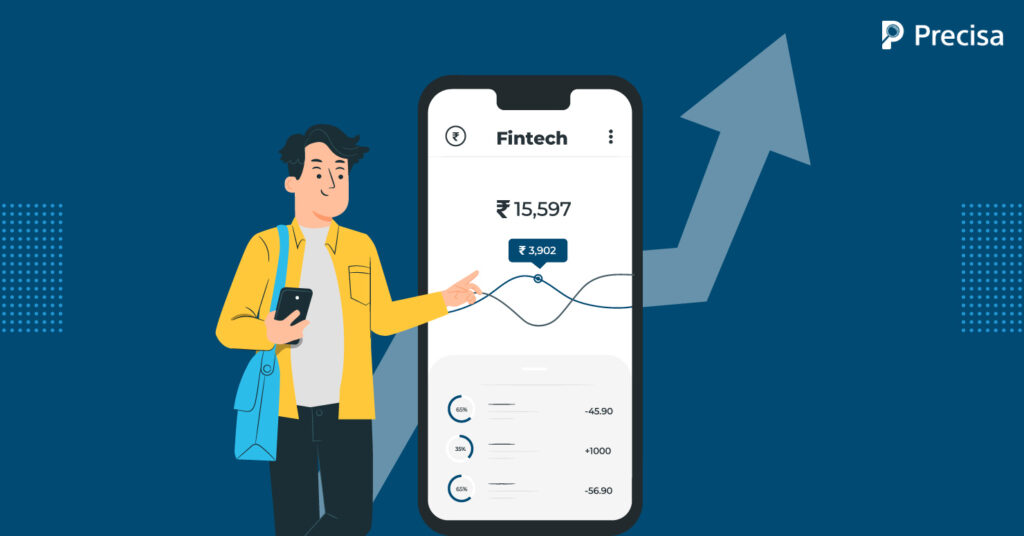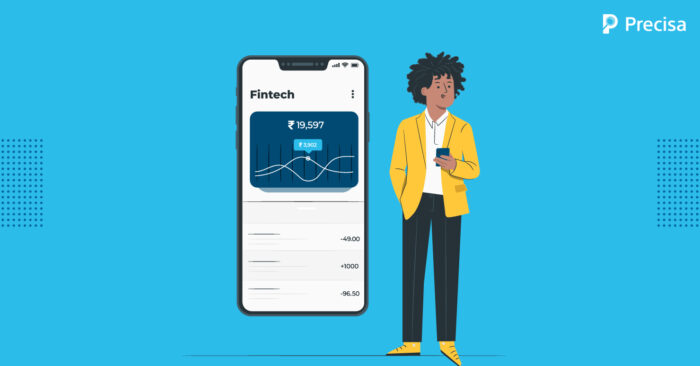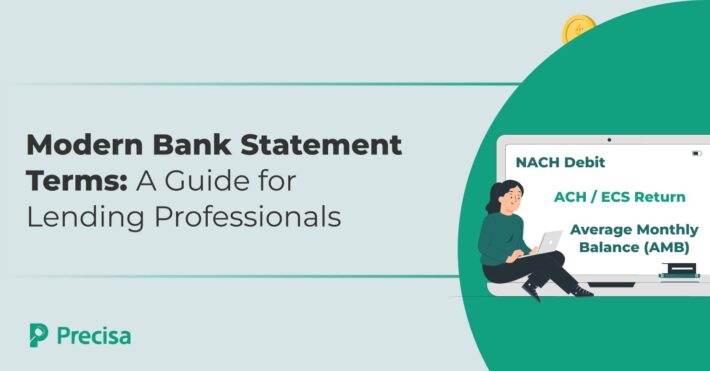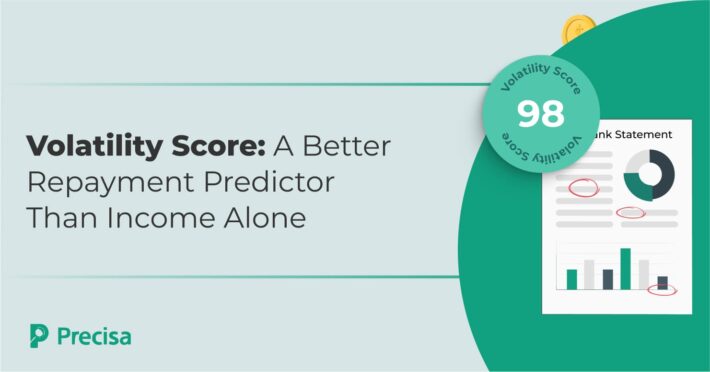Why Fintech Apps Are Important for Growing Businesses

Over the last five years, fintech apps have disrupted the financial services sector as we know it. In 2020, the global fintech technologies market was valued at $110.57 billion, and it is expected to grow at a compound annual growth rate of 20.3% to reach a market share of $ 698.48 billion by 2030.
While a large number of retail consumers are leveraging fintech, it has also revolutionised the B2B world. This blog post explores the advantages that propel businesses to adopt fintech apps to bring efficiency, accuracy, and a data-driven approach to a wide range of functions.
A Snapshot of the fintech universe
The fintech universe has grown extensively over the last five years bridging several consumer and business needs. Types of fintech apps include digital lenders, financial statement analysis, bookkeeping platforms, invoicing apps, insurance platforms, digital banks, trading and cryptocurrency, capital raising, budgeting apps, and payments. These apps have collectively revolutionised various functions bringing more efficiency, accuracy, integrity and innovation to the financial services sector.
Let’s delve deeper into the potential advantages of adopting the use of various fintech apps.
Key advantages of leveraging fintech apps
Businesses must perform diverse functions requiring automated, data-driven, tech-enabled solutions to help them become efficient and meet their scalability goals.
Here is an overview of how businesses can benefit through the use of various fintech apps.
- Cost reduction opportunity
A top advantage of using a fintech app is that it is more cost-effective than existing manual processes. The lack of investment in brick-and-mortar structures and the smart use of technology translate to reduced costs of the delivered services and products.
Businesses can also leverage the benefits of subscription models. Rather than build tech-enabled functions from scratch, they can outsource these services from a fintech specialist.
- Enhancing inclusion and reach
One of the critical challenges of the traditional financial services sector is that many underserved segments do not have access to products and services. A wide range of fintech apps can offer products for underserved segments such as small, micro, and medium-sized businesses. With data and smart devices becoming affordable, consumers and businesses in remote areas can access services via the digital medium. - Power of convenience
Another major advantage of fintech apps is that they design products, services, and platforms accessible via smartphones. Secondly, most apps store data on the cloud, making it easy to access applications anywhere. Cloud-based apps also enable multiple team members to access the same information simultaneously. Consequently, sharing and accessing data becomes a seamless process. - Quicker turnaround time
The financial sector is one of the most regulated ones and with good reasons. By partnering with regulated entities such as banks, fintech apps can expedite the speed at which they execute similar services, such as loans and investment products, to consumers and businesses. For instance, fintech can process loans much faster than the traditional banking system, thus fueling the consumer and business ecosystems. - The efficiency of financial operations
Fintech apps can help completely streamline any business’s financial operations. Businesses can now access a single unified platform for various functions, and it is also possible for them to integrate multiple platforms quickly and build a coherent tech stack. This brings efficiency to financial operations and reduces duplication, errors, and delays that cost businesses revenues. - Data-driven risk management
Businesses must make decisions based on facts and data rather than intuition. Hence, managing risk is a growing need. Fintechs come with advanced stellar data-enabled capabilities. Dashboards can be customised, and valuable data can be assimilated, categorised and converted into relevant insights that enable decision-makers to take important decisions faster and accurately. - Superior customer experience
Currently, Fintech apps are also focusing immensely on the overall consumer experience (CX). The journey of onboarding, navigating the app, and deriving results, are designed to make it a user-friendly experience. Using big data, artificial intelligence, machine learning, and gamification enable the apps to offer deeply personalised, relevant experiences that transform the user journey. - Consistent innovation
The top fintechs operate on the cusp of innovation. They deeply invest in the consumer journey, habits, interests, aspirations, and user trends. Based on insights, they can continuously innovate and make products and services more relevant based on the needs of retail and business customers.
Key Takeaways
Today, many businesses need to make crucial decisions based on financial data. Manually analysing financial data is a cumbersome process prime to errors, duplications, and omissions. By using various tech-enabled financial data analysis solutions, businesses can bring efficiency to their daily operations. They can scale faster and make accurate decisions that convert to probability in the long term.
Presica’s comprehensive and seamless bank statement analysis solution simplifies and speeds up the process through automation. The software provides actionable insights on a customisable dashboard, thus helping companies make informed business decisions and minimise room for errors.
Request a free demo today!




